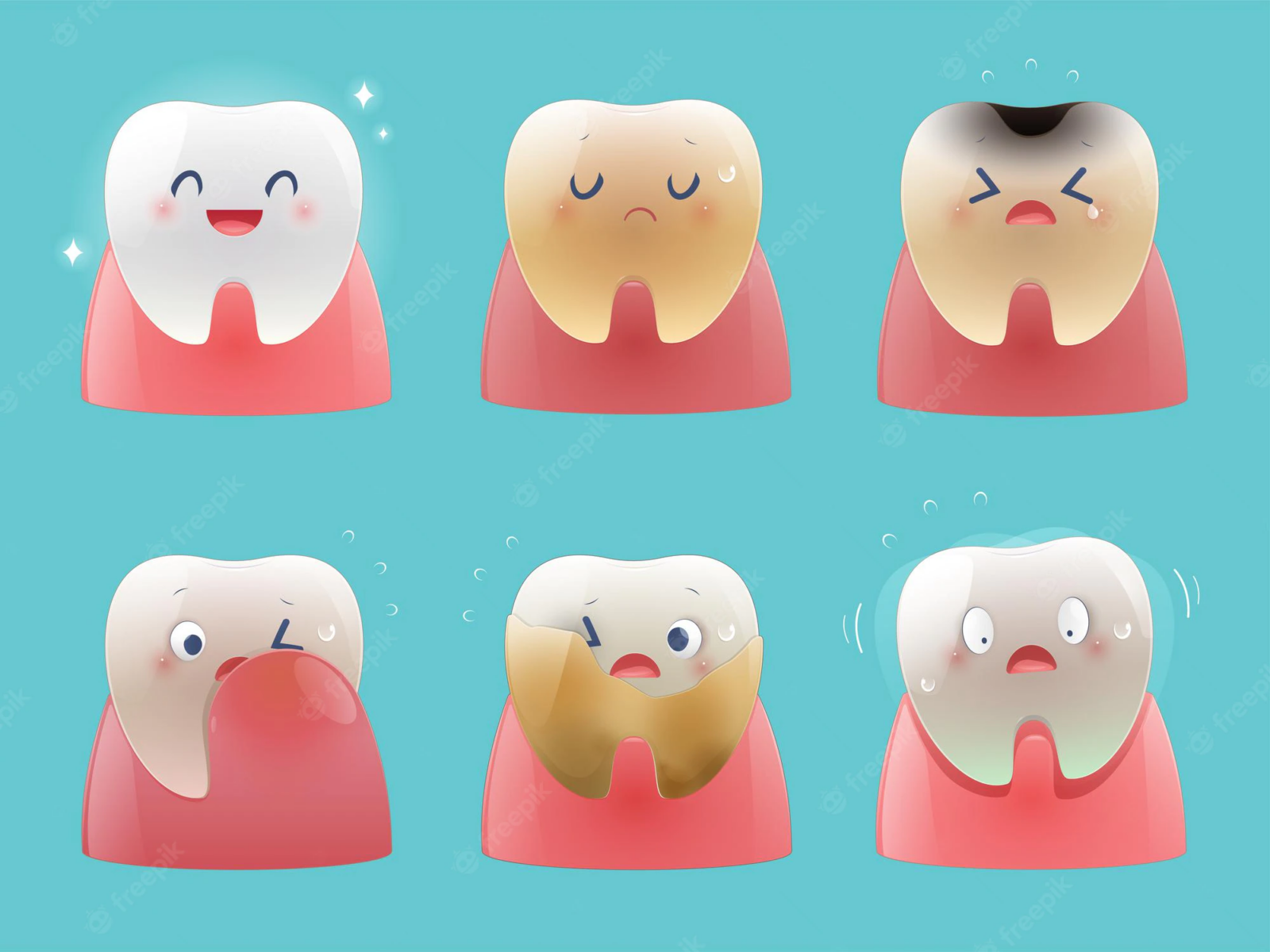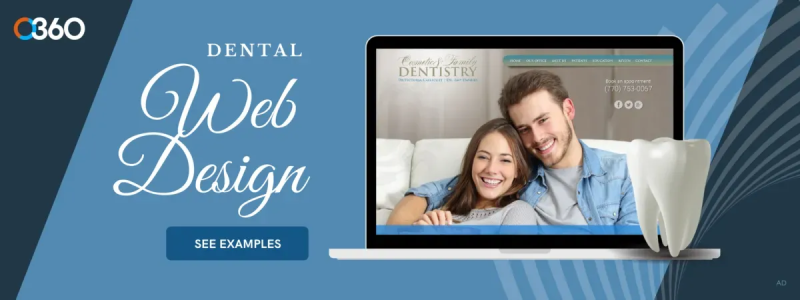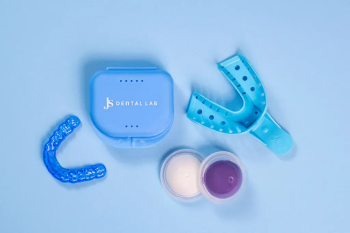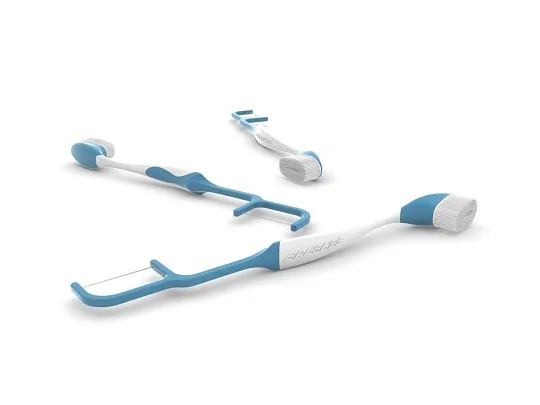Dental health is an important part of overall health and well-being. Unfortunately, many people suffer from common dental problems such as cavities, gum disease, and tooth decay. While these issues can be painful and costly to treat, there are some simple steps you can take to help prevent them. From brushing and flossing regularly to visiting your dentist for regular check-ups, there are many things you can do to keep your teeth and gums healthy and strong. This article will provide an overview of some of the most common dental problems, as well as tips on how to prevent them. With a little effort and dedication, you can have a healthy and beautiful smile for years to come.
Overview of common dental problems
There are many types of dental problems, including cavities, gum disease, and tooth decay. Below, we’ve outlined the most common ones, along with tips for prevention. If you notice any of the symptoms of these dental problems, it’s important to visit your dentist as soon as possible. Early treatment and intervention can help prevent many dental problems from becoming more serious and costly.
- Cavities – Cavities are a common problem in which the bacteria in your mouth break down the sugars and carbohydrates in food and produce acids that damage teeth. While brushing and flossing daily can help prevent cavities, it is helpful to reduce the amount of carbohydrates in your diet.
- Gum Disease – Gum disease is an infection that affects the gums, causing them to swell and bleed more easily. It is caused by bacteria and can be very painful and hard to treat once it has progressed. Regularly brushing your teeth and flossing can help reduce your risk of gum disease.
- Tooth Decay – Tooth decay is an infection that damages the tooth and can eventually lead to tooth loss. It occurs when bacteria in the mouth break down sugars from food and produce acids that can damage the tooth enamel.
- Tooth Loss – While tooth decay, gum disease, and tooth decay are all serious conditions that can lead to tooth loss, this is not a common dental problem. However, tooth loss may occur as a result of other dental problems.
How to Properly Care for Your Dentures
Causes of dental problems
There are many causes for dental issues such as Cavities, Gum Disease, and Tooth decay. Some common causes are:
- Improper Brushing and Flossing – One of the most common causes of dental issues is a lack of oral hygiene. If you don’t brush and floss regularly, bacteria and plaque can build up on your teeth and gums and cause many dental issues.
- Diet – The foods you eat can also lead to dental problems. Foods that contain sugar, such as soda and candy, can lead to cavities. Foods that are high in acids, such as red wine and tomatoes, can increase the risk of tooth decay.
- Genetics – Unfortunately, some dental issues are more common in certain families. If your parents struggled with cavities as a child, you may be more likely to struggle with them as well.
- Lack of Dental Visits – If you neglect regular dental visits, your dentist can’t catch problems early. This means that treatment to prevent dental issues will likely be more expensive and take longer.
Symptoms of dental problems

- Cavities – Early signs of cavities include tender spots in your mouth when you eat or drink something hot or cold. You may also notice that foods don’t taste as good as they used to. If left untreated, cavities can get bigger and may eventually lead to tooth loss.
- Gum Disease – You may notice bleeding or swollen gums, especially after you brush or floss. The gums may also be red and swollen. This can often be treated with antibiotics and special dental cleaning.
- Tooth Decay – Tooth decay usually doesn’t cause symptoms. However, if it progresses, you may experience pain when eating certain foods, such as crunchy or spicy ones.
- Tooth Loss – If you have an untreated cavity, tooth decay, or gum disease, you are at higher risk of tooth loss. You may experience tooth sensitivity when eating hot or cold foods, and the tooth may feel loose.
Prevention tips for dental problems
- Cavities – One of the best ways to prevent cavities is to brush your teeth and floss regularly. You should also avoid eating foods with lots of sugar, such as candy and soda.
- Gum Disease – The best way to prevent gum disease is to brush your teeth and floss regularly. You can also reduce the risk by avoiding smoking and limiting your intake of red wine.
- Tooth Decay – You can help prevent tooth decay by brushing and flossing daily, eating a healthy diet, and visiting your dentist for regular check-ups.
- Tooth Loss – Prevent tooth loss by brushing and flossing regularly, eating a balanced diet, limiting sugary and acidic foods, visiting the dentist, avoiding clenching and grinding, and considering replacement options.
Regular dental check-ups
Regular dental check-ups are one of the most important parts of good dental health. During your dental exam, your dentist will check your teeth and gums for signs of disease and other dental issues. This allows them to catch potential problems early when they are easier and less expensive to treat. While regular dental visits are important for everyone, they are especially important for people with medical conditions such as diabetes, heart disease, or kidney disease. These conditions can increase your risk of gum disease and tooth decay, which are harder to treat and heal if they progress. If you have one of these conditions, make sure to mention it to your dentist during your first visit. This will help them know what to look for and how to prevent these conditions from advancing.
Benefits of routine dental exams

- Cavities – If your dentist finds a cavity, they can remove it before it gets worse and requires a filling. This can save you time and money since a filling can take several visits to the dentist to complete.
- Gum Disease – If your dentist finds signs of gum disease, they can treat it with antibiotics. This can help prevent it from getting worse and leading to tooth loss.
- Tooth Decay – If your dentist finds signs of tooth decay, they can help prevent it from getting worse. This can save you time and money, since treating tooth decay is more expensive than treating cavities.
- Tooth Loss – If your dentist finds a cavity or tooth decay that can’t be treated, they can help you find a dentist who can do a root canal or extract the tooth. This will prevent tooth loss.
Home care tips
- Brush your teeth twice daily with a soft-bristled toothbrush. You should also brush your tongue to remove the bacteria that cause bad breath.
- Floss once daily to remove plaque from between your teeth.
- Use fluoride toothpaste to fight cavities, and mouthwash with fluoride if you have gum disease.
- Eat a healthy diet that is low in sugar and high in fiber.
Types of dental treatments
- Cavities – If you have a cavity, your dentist will remove it with a dentist drill. They may also apply a fluoride varnish to strengthen your teeth and prevent future cavities.
- Gum Disease – If you have gum disease, your dentist may apply antibiotics to your gums in the form of a liquid or a soft rubber plug. Gum surgery may also be required.
- Tooth Decay – If you have tooth decay, your dentist will clean the infected area and apply a sealant to prevent it from getting worse.
- Tooth Loss – If you have tooth decay or gum disease that can’t be treated, your dentist may recommend that you have a tooth removed. This may be followed by an implant, bridge, or denture.
Cost of dental treatments
The cost of dental treatments depends on the type of treatment you need. Cavities and tooth decay are often minor and easy to treat and may cost around $50. Gum disease is often more serious and can cost between $1,000 and $3,000, while tooth loss can be very expensive, costing anywhere from $3,000 to $25,000+, depending on the treatment type. Routine dental check-ups can help you catch these issues early, and repaying them over time is much more affordable than treating more serious dental issues. While dental issues can be painful and costly, there are many things you can do to prevent them. Brush and floss regularly, and visit your dentist for routine check-ups. With a little effort and dedication, you can have a healthy and beautiful smile for years to come.
Conclusion
In conclusion, dental problems are a common occurrence that can range from mild to severe. However, with proper oral hygiene practices, a balanced diet, regular dental check-ups, and timely treatment of any issues, many of these problems can be prevented. Regular brushing and flossing, avoiding sugary and acidic foods, quitting smoking, and reducing alcohol consumption can go a long way in maintaining good oral health. If you experience any discomfort or pain in your mouth, it’s important to see a dentist as soon as possible to avoid further complications. By following these preventive measures, you can keep your teeth and gums healthy for a lifetime.



